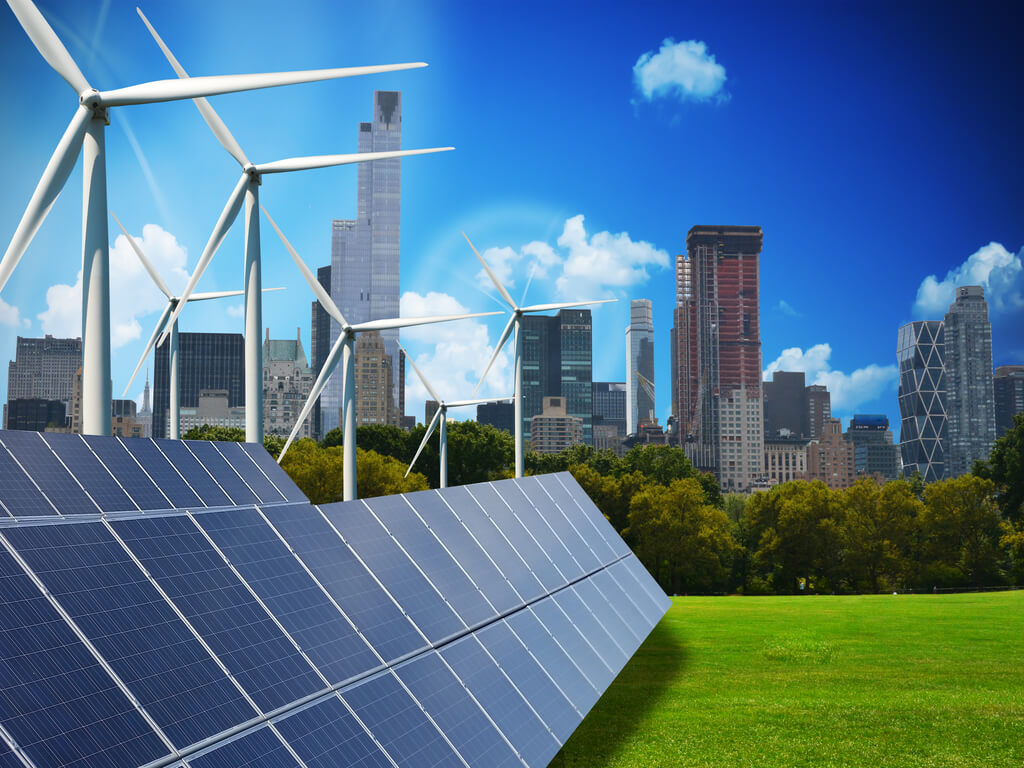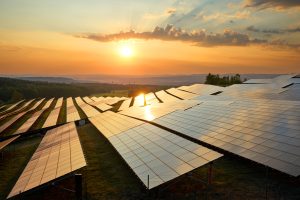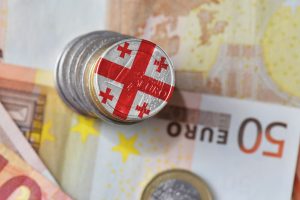Latvia has the third largest share of renewable energies in gross final energy consumption among the EU member states, according to the latest Eurostat data for 2016.
In 2016, renewable energies made up 37.2% of gross final energy consumption in Latvia, down by 0.4 percentage points from 2015 and 2.8 percentage points short of the target that the EU wants it to achieve by 2020.
Among the EU member states, the highest share of renewables in gross final energy consumption was recorded in Sweden – 53.8%, already 4.8 percentage points above the target for 2020. Finland followed with 38.7%, or 0.7 percentage points above the 2020 target.
At the opposite end of the scale, the lowest proportions of renewables were registered in Luxembourg (5.4%), Malta and the Netherlands (both 6%).
In Estonia, 28.8% of final energy consumption was derived from renewables, which is 3.8 percentage points above the 2020 target, and in Lithuania the share of renewables was 25.6%, or by 2.6 percentage points higher than the target for 2020.
The EU seeks to have a 20% share of its gross final energy consumption from renewable sources by 2020; this target is distributed between the EU member states with national action plans designed to plot a pathway for the development of renewable energies in each of the member states.
In 2016, altogether 11 of the member states had achieved the renewable energy targets for 2020 – Bulgaria, the Czech Republic, Denmark, Estonia, Croatia, Italy, Lithuania, Hungary, Romania, Finland and Sweden.
Austria is less than 1 percentage point away from its 2020 target. At the opposite end of the scale, the Netherlands (8 percentage points from its national 2020 objective), France (7 percentage points), Ireland (6.5 percentage points), the United Kingdom (5.7 percentage points) and Luxembourg (5.6 percentage points) are the furthest away from their targets.




